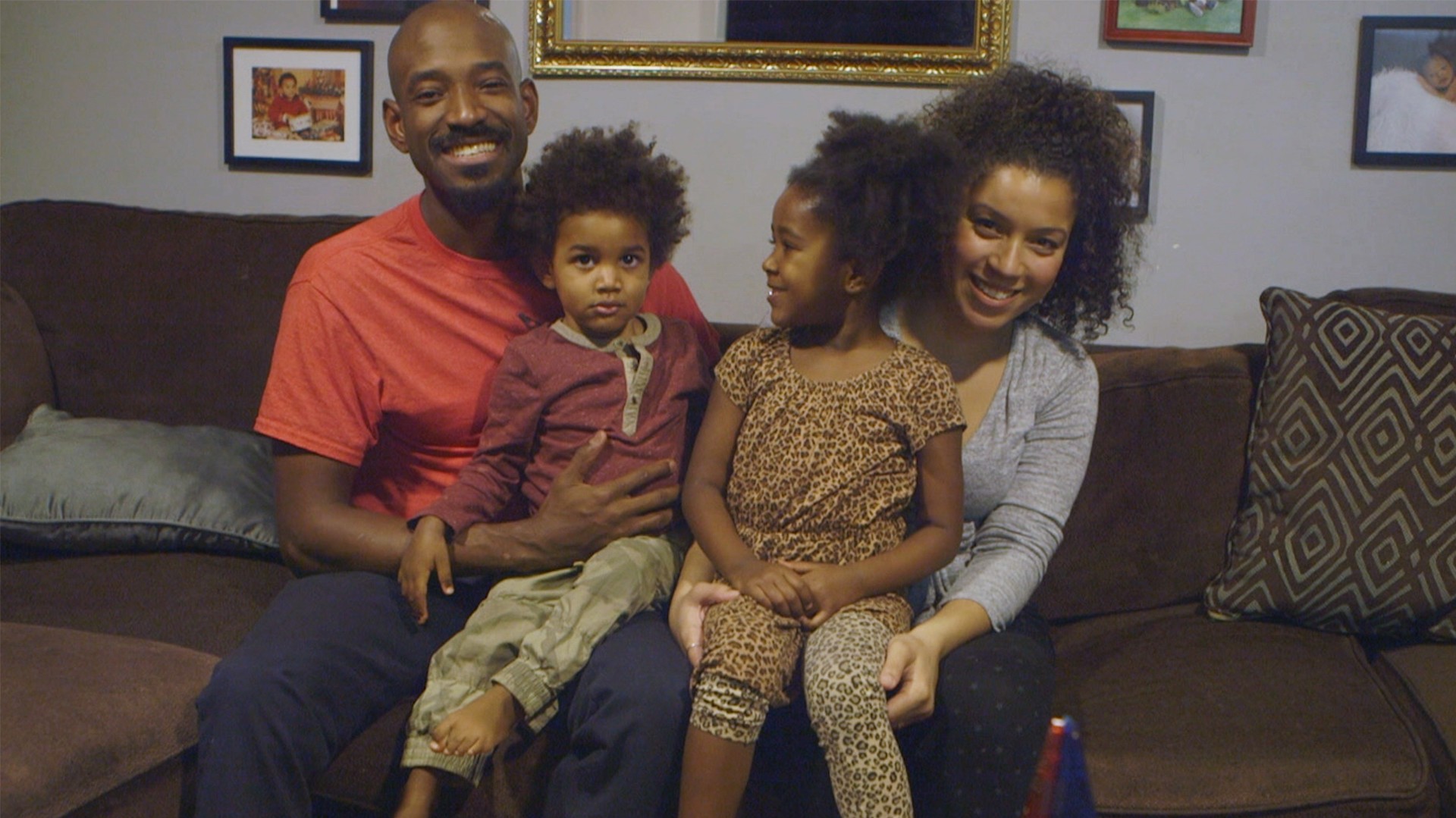Anthony Scaramucci; Mark Wilson/Getty Images
In his first—and only—full week on the job, you may recall that White House Communications Director Anthony Scaramucci phoned a reporter for The New Yorker and let fly at least six f-bombs. Apparently incensed that the magazine's Ryan Lizza reported leaked information that President Donald Trump planned to dine with some Fox News personalities, Scaramucci threatened "to fucking kill all the leakers" and called then-White House Chief of Staff Reince Priebus "a fucking paranoid schizophrenic" while on the phone with Lizza.Scaramucci would later tweet that he had "made a mistake in trusting a reporter." But did the Mooch get any psychological relief from his explicit tirade? Perhaps he did, according to the research of Benjamin Bergen, a neuroscientist and author of What the F: What Swearing Reveals About Our Language, Our Brains, and Ourselves. While most speech comes from more recently evolved parts of the brain, spontaneous emotional speech—like letting loose a "fuck" or an "asshole" when cut off in traffic, suffering an injury, or failing in a president's anti-leak crusade—comes from the basal ganglia, a more primitive brain area."It helps you pick the right thing to do when expressing strong emotion," says Bergen, who's the director of the Language and Cognition Lab at UC San Diego. "It's involved in the fight-or-flight response in facing a predator." Using words and phrases coded into the brain as taboo is a step in the process of primordial emotional decision-making, he says.Swearing has also been shown in lab conditions to relieve pain and even enhance strength. In 2009, Richard Stephens, a psychologist at Keele University in the UK led a study in which volunteers plunged a hand into water cooled to exactly 34 degrees Fahrenheit and keep it there as long as they could. Half were told to swear freely. The other half were told to mutter emotionally neutral words, like "wooden" and "brown". The swearers kept their hands in the near-ice-cold water about 40 seconds longer than the non-swearers. In other studies Stephens conducted, subjects who were told to swear performed better at exercise-related tasks, cycling for longer and showing more strength in a hand-grip test.
More From Tonic: Cursing Parents
Bergen performed his own test to see if swearing provided an emotional catharsis to diminish anger. He had UC San Diego students come into his lab and write an essay about a hot-button issue like abortion. They were paired with another "student"—actually a colleague of Bergen's —to grade one another's essays. The other "student" always maligned the essay. "If there's one thing UC San Diego students don't like, it's being told they're wrong or uninformed," Bergen says.The two then faced off in a video game. The winner's prize: being allowed to generate a painful buzz in the loser's ear and decide the decibel level. (Bergen compares it to a low-stakes version of Stanley Milgram's famous experiments in authority and control.) Some players were told they could swear and others were told not to. Of course, the colleague always lost, but Bergen wanted to see if those allowed to vent by swearing punished the other player—the person who'd ripped apart their essay—with a less painful noise. He says there was no difference.Although the exact benefits to the swearer are still being tested, psychologists do know that swear words and their strength are encoded into the brain at a young age, Bergen says. People who learn a language in adulthood don't react as viscerally to its swear words as they do those of their native tongue and rarely use the new language's taboo terms in moments of pain and distress."We see Mommy step on a Lego and remember hearing that word," Bergen says. "We know it's a strong word and a word for a certain kind of emotion." The power and role of the word is reinforced when a child is punished for using it or sees adults become silent and awkward when it's uttered. It becomes encoded in the brain to represent a certain kind of extreme, primordial distress and frustration, beyond that of everyday life and thus requiring a word that isn't a part of everyday vocabulary.But this is true of only one kind of swearing: spontaneous swearing in response to distress. In fact, "cathartically" is one of five ways of swearing psychologist Steven Pinker identified in his book, The Stuff of Thought: Language as a Window into Human Nature; there is also "descriptively (let's fuck)," "idiomatically (it's fucked up)," "abusively (fuck you!)," and "emphatically (this is fucking amazing)".When used more casually, swear words "do a lot of social work" in bonding, Bergen says. When you drop a "fuck" or "shit" in a social setting, "[i]t is a way for us to say we are unguarded around another person, that we've broken the norms of society and we can be ourselves."This is why swearing is so common among professionals in high-stress environments where trust of one another is vital—why the fucks fly in police precincts, military barracks, and newsrooms. Since he authored his book on swearing, Bergen says he's been approached by many teachers who want to know if the frequency of cussing in their teachers' lounges is normal—"enough for me to know it is," he says.He says to beware of politicians who swear in a supposed faux pas. US Senator Kirsten Gillibrand, a Democrat from New York, recently told a gathering of party activists, "If we are not helping people, we should go the fuck home."That could be a tool for them in this more crass political era but it's a double-edged sword. "People who swear are perceived to be more honest," says Bergen. "It may make it seem you're more honest or committed to saying what you believe. That's a huge effect, but it only works on those who are in agreement with you. If you are an outsider, people are more likely to believe you're unhinged."Read This Next: Why You Should Curse Around Your Kids
Advertisement
Advertisement
More From Tonic: Cursing Parents

Bergen performed his own test to see if swearing provided an emotional catharsis to diminish anger. He had UC San Diego students come into his lab and write an essay about a hot-button issue like abortion. They were paired with another "student"—actually a colleague of Bergen's —to grade one another's essays. The other "student" always maligned the essay. "If there's one thing UC San Diego students don't like, it's being told they're wrong or uninformed," Bergen says.The two then faced off in a video game. The winner's prize: being allowed to generate a painful buzz in the loser's ear and decide the decibel level. (Bergen compares it to a low-stakes version of Stanley Milgram's famous experiments in authority and control.) Some players were told they could swear and others were told not to. Of course, the colleague always lost, but Bergen wanted to see if those allowed to vent by swearing punished the other player—the person who'd ripped apart their essay—with a less painful noise. He says there was no difference.Although the exact benefits to the swearer are still being tested, psychologists do know that swear words and their strength are encoded into the brain at a young age, Bergen says. People who learn a language in adulthood don't react as viscerally to its swear words as they do those of their native tongue and rarely use the new language's taboo terms in moments of pain and distress.
Advertisement
